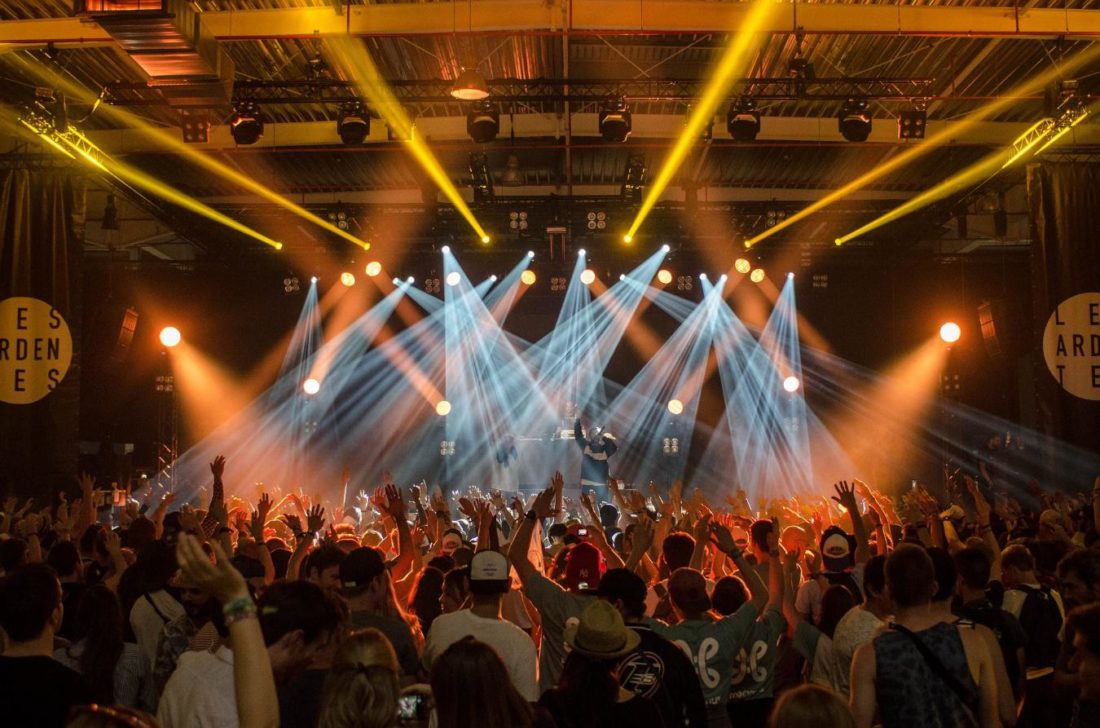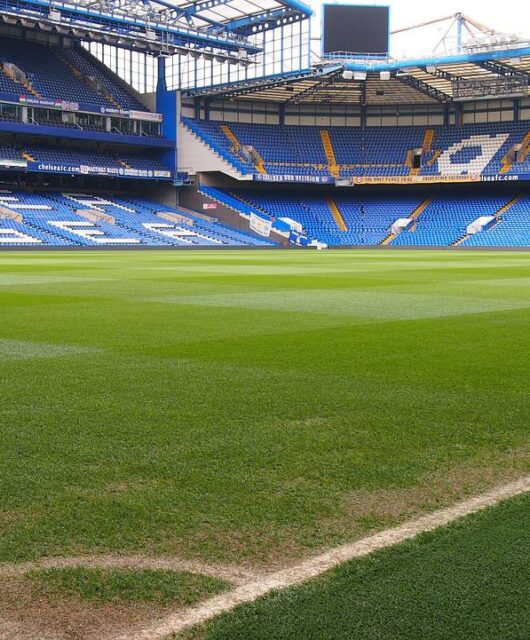12 Tips to Choose the Best Space for Your Event

Types of spaces for events are many. Hotels, convention centres, fairgrounds, villas, mansions, a small pop up site, or even in the middle of the street, among others.
Finding the right one for your event is not just a matter of capacity and budget. It goes much further. At least if you want the space to add value to the event. The choice of your “venue” is one of the most strategic decisions when it comes to organising an event.
Here are 12 key factors so that you can make the right decision.
1. The location
In the centre of the city or in the outskirts? Near the airport or the main train station in the city? Both for the comfort of the attendees and for the conceptual meaning of the event, you must take into account the location where you are going to hold the event. If attendees will be arriving by their own means, choose a place well connected by public transport and / or in which it is easy to park.
2. The capacity
Events are often organised in large spaces for a small group of guests. So, in addition to wasting part of the budget, a perception of emptiness and coldness can be generated. Other times, the number of guests can be adjusted to the capacity of the space without taking into account last-minute confirmations of attendance that then leads to exceeding the maximum capacity. For this reason, it is advisable to always leave some margin between the maximum number of guests and the maximum capacity of the premises.
3. Indoor or outdoor?
Celebrating an event outdoors is great when the weather is good; something that is difficult to predict with sufficient anticipation. That is why, in case your first option is to organise it in the open air, you must always have an alternative plan for if the weather changes.
4. Adjoining rooms / Modulable space
Having spaces or parallel rooms is especially useful when you want to create different environments within the event or develop activities separately. These secondary spaces must be well connected with the main one so that the flow between them is easy.
5. Additional equipment and services
Ideally, ask for an inventory of the technical elements available to you. According to the event, you will have to take into account the audio and visual systems; you may need to coordinate with a professional audio visual equipment supplier. You will also need to check rigging points, water and light connections, as well as other services.
6. Catering
Many event spaces have their own catering service, which “force” you to hire. You will have to think if it fits with your event or the catering you want to offer has some special characteristics that you want to source externally.
7. Parking
If guests are arriving with their own vehicles, you must not forget to reserve an area for parking.
8. Public or private
The confirmation times and the documentation to be presented are very different, with public spaces being much more demanding. In the case of planning the event in the street, it will be necessary to take into account security measures, which in most cases involve collaboration with the local police or authorities.
9. Style or theme of the space
The architectural elements of the space, its decoration, the materials of construction or its distribution of rooms are factors that you can use and with which you can play to create the right atmosphere, according to the theme of the event. It is an opportunity to enhance the creative aspect of the event, giving more importance and value to the message we want to convey.
10. Customisation of space
A query that is often overlooked and that can hinder assembly is the ability to customise the space. To avoid misunderstandings, it is important to be clear from the beginning what areas and furniture you can “touch”, decorate, remove and use at your whim, and what areas need to remain untouched.
11. Assembly and disassembly times
It is usually a negotiable factor with event spaces. Some may impose very tight timing, since they may have other events before and / or after yours. In these situations, adjust your assembly times, by either increasing your manpower or, directly, opt for another space. But do not leave anything to chance.
12. The price
Obviously, it will depend on the budget you have and the importance that is given to event. If it is important to enhance the message of the event, it will make sense to pay more than another option that does not provide conceptual value.









